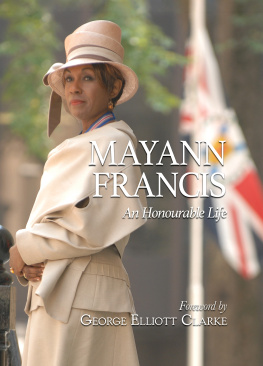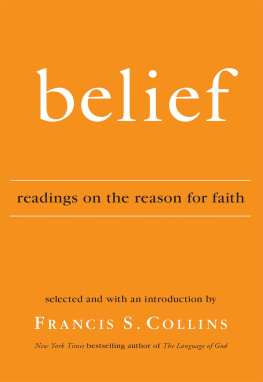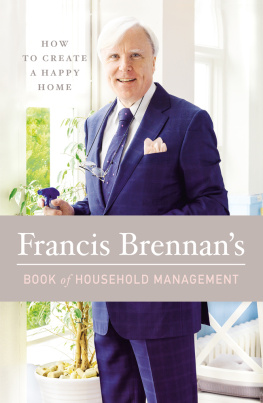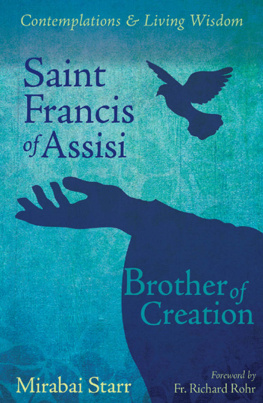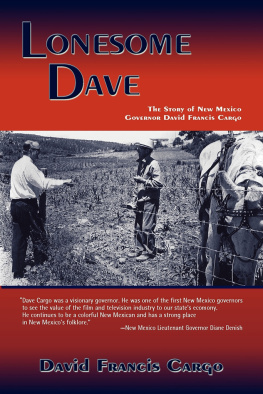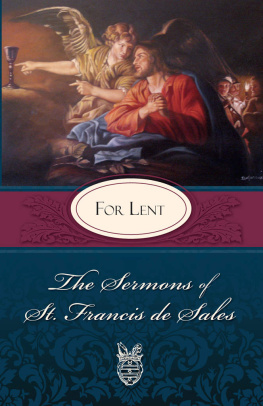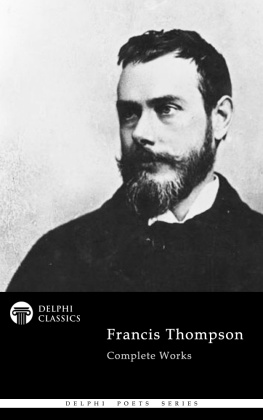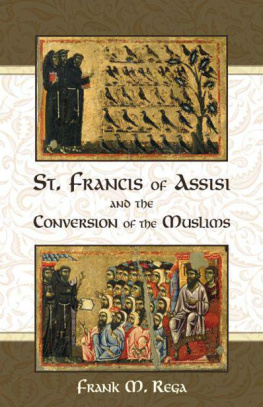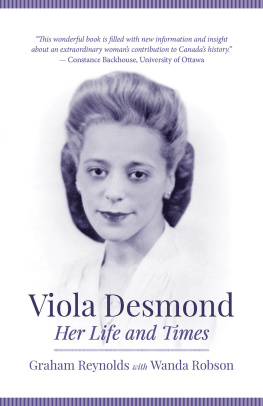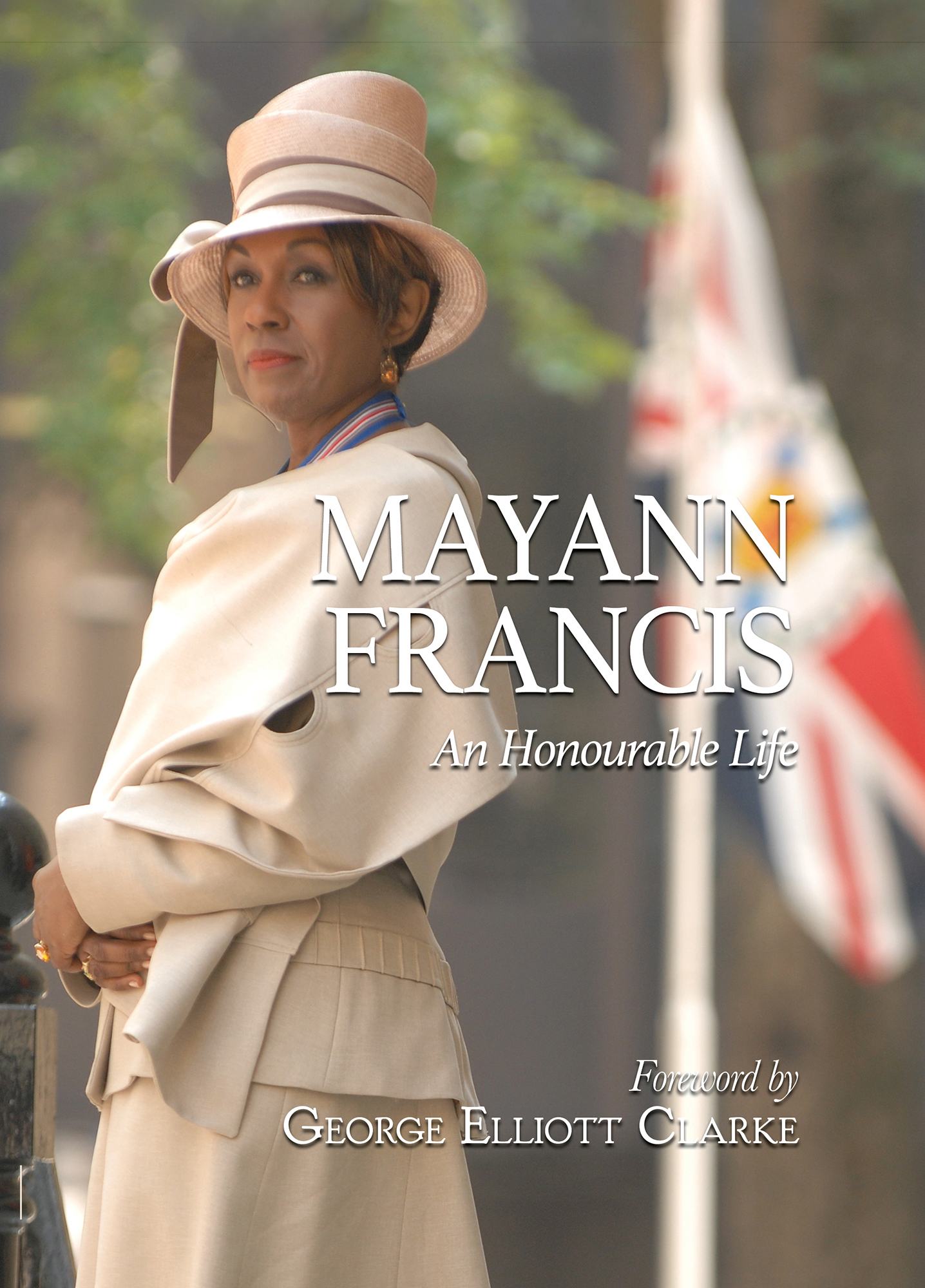Copyright
Text Copyright 2019, Mayann Francis
Foreword 2019, George Elliott Clarke
All rights reserved. No part of this book may be reproduced, stored in a retrieval system or transmitted in any form or by any means without the prior written permission from the publisher, or, in the case of photocopying or other reprographic copying, permission from Access Copyright, 1 Yonge Street, Suite 1900, Toronto, Ontario M5E 1E5.
Nimbus Publishing Limited
3660 Strawberry Hill Street, Halifax, NS, B3K 5A9
(902) 455-4286 nimbus.ca
Printed and bound in Canada
NB1398
Design: Jenn Embree
Editor: Marianne Ward
Proofreader: Elizabeth Eve
Photo research: Angela Mombourquette
For copyright/permissions information for materials quoted herein, see p. 201
Library and Archives Canada Cataloguing in Publication
Title: Mayann Francis : an honourable life / The Hon. Mayann Francis ; foreword by George Elliott Clarke.
Names: Francis, Mayann, author. | Clarke, George Elliott, writer of foreword.
Identifiers: Canadiana (print) 20189068558 | Canadiana (ebook) 20189068566 | ISBN 9781771087131 (hardcover) | ISBN 9781771087148 (HTML)
Subjects: LCSH: Francis, Mayann. | LCSH: Lieutenant governorsNova ScotiaBiography. | LCSH: StateswomenNova ScotiaBiography.
Classification: LCC FC2328.1.F73 A3 2019 | DDC 971.6/05092dc23
Nimbus Publishing acknowledges the financial support for its publishing activities from the Government of Canada, the Canada Council for the Arts, and from the Province of Nova Scotia. We are pleased to work in partnership with the Province of Nova Scotia to develop and promote our creative industries for the benefit of all Nova Scotians.
Dedication
I dedicate my story to my parents, who brought me into this world and prepared me for my journey. They gave me a solid foundation.
I also dedicate my memoir to my young grandniece Nevaeh OConnell and her younger brother, my grandnephew Evander OConnell, because I want my story to be an inspiration as people confront a variety of challenges in the present and in the future. I want my story to be an inspiration to encourage people to overcome whatever barrier they might face.
On January 22, 2019, my brother-in-law, Patriarch Vincent Waterman I, grandfather of Nevaeh and Evander, died. He left a legacy of caring, compassion, empathy, and love. He had an enduring love for his grandchildren. I would also like to dedicate this book to him.
Mayann Franciss grandniece Nevaeh OConnell (left) and grandnephew Evander OConnell. ( Courtesy of author )
Mayann Franciss beloved brother-in-law, Archbishop Vincent M. Waterman. ( Sean OConnell )
Foreword
TO HONOUR HER HONOUR
Always direct (even curt), our American neighbours shorten vice-president to the informal veep. If we work the same metamorphosis upon vice-royal, perhaps we conjure up vicar, a term relevant to Her Honour Dr. Mayann Francis, O.N.S., at least twice over. First, vicar is related to vice, and signals, thus, her service as the vice-regal representativeor deputyof Canadas constitutional monarch, i.e., Her Majesty the Queen. Secondly, vicar denotes a person who commands a church or chapel; for Ms. Francis, this word should remind her of her esteemed, Cuban-born father, George Anthony Francis, who, as Archpriest of St. Philips African Orthodox Church in Sydney, Nova Scotia, infused his daughter with Christian courage, pride in her African heritage, and a seldom-errant moral compass. Certainly, these ingrained gifts allowed Ms. Francis, as lieutenant-governor of Nova Scotia (2006-2012), to navigate, deftly and elegantly, the Byzantine labyrinths of protocol and parliamentary procedure, and to outmanoeuvre the Machiavellian and re-educate the (unconsciously) racist. Such episodes are recounted frankly, with good humour, and with courtesy for all, but stern rebuke of bumblers, liars, and transgressors.
Then again, nothing less should becan beexpected from a head-held-high Black woman, a lady of good upbringing and excellent posture, good manners and parade-square poise, good will and pointillist diction, plus that savvy vocabulary issuing le mot juste eloquence. Credit her mother, an Antiguan native, Thelma Delores, for Ms. Franciss interest in the right words in the right order, in righteous speech and right conduct, in choosing the right hat to set off the right shoes, in being in the right places at the right time, to be able to lecture on equal rights, campaign for human rights, and never ever look like she didnt have the right stuff to do the right thing. Maybe Ms. Francis learned also from her mother the efficacy of feminismor Afro-womanismto never let the masculine denigrate or degrade, deride or deprive. Thus, she possesses the smarts and the drive to conjoin know-how and ethics to can-do and work-ethic; to progress, to move-on-up, to be an X-ray technician here and a paralegal there, a runway model in Manhattan and a role-model in Nova Scotia, a CEO in public life and a churchgoer in private life. But shes also acquired those essential Black woman complements: to cut eye at anyone who must be cut down to size; to tongue lash the obstreperously insolent and the self-righteous hypocrite; to espy faults and speak unstopped truth. She be indomitable, charismatic, glamorous, queenly in and of herself: just like mom.
Note that Ms. Franciss memoir is steeped in the magical. Her parents married on Valentines Day, 1939. She was born at home (during what is now African Heritage Month) in 1946, delivered by a Black doctor who must have been one of the first to open an office in Cape Breton. Her background was immediately multicultural: American, Antiguan, and Cuban; anglophone and Hispanic; African Orthodox and Episcopalian. Her maturation in the household at 19 Hankard Street, Whitney Pier, Sydney, Nova Scotia, prepared her entre to the prestigious addresses of the PMO (Prime Ministers Office, Ottawa), Province House and Government House (Halifax), Wall Street skyscrapers (NYC), and, of course, Buckingham Palace. (But it also readied her to accept the embrace of our slave ancestors who haunt Elmina Castle in Accra, Ghana, still wanting to help us understand the tribulation of the Slave Trade and the torture of the Middle Passage.) Elizabeth, her middle name, was chosen in homage to the then-Princess Elizabeth (now La reine Elizabeth). What an auspicious foreshadowing of their later connection! In her girlhood, Ms. Francis saw her father integrateand affiliate socio-politicallywith priests, rabbis, and ministers; she overheard white parents begging him to intercede in their daughters love affairs with Black youthsand he did so, but still presided over interracial marriages, anyway. So Ms. Francis learned the facts of Canuck cosmopolitanism in her very household. Outside her doors, there were Jewish merchants and Dutch schoolmates, plus West Indian strivers and achievers. If an ignoramus called her out her name, someone prestigious called her gifted. So distinguished and well thought of was her family that when Ms. Francis needed resources beyond their means to attend college and university, a Scottish benefactor donated the necessary finances on condition of their acceptance of his eternal anonymity. The

